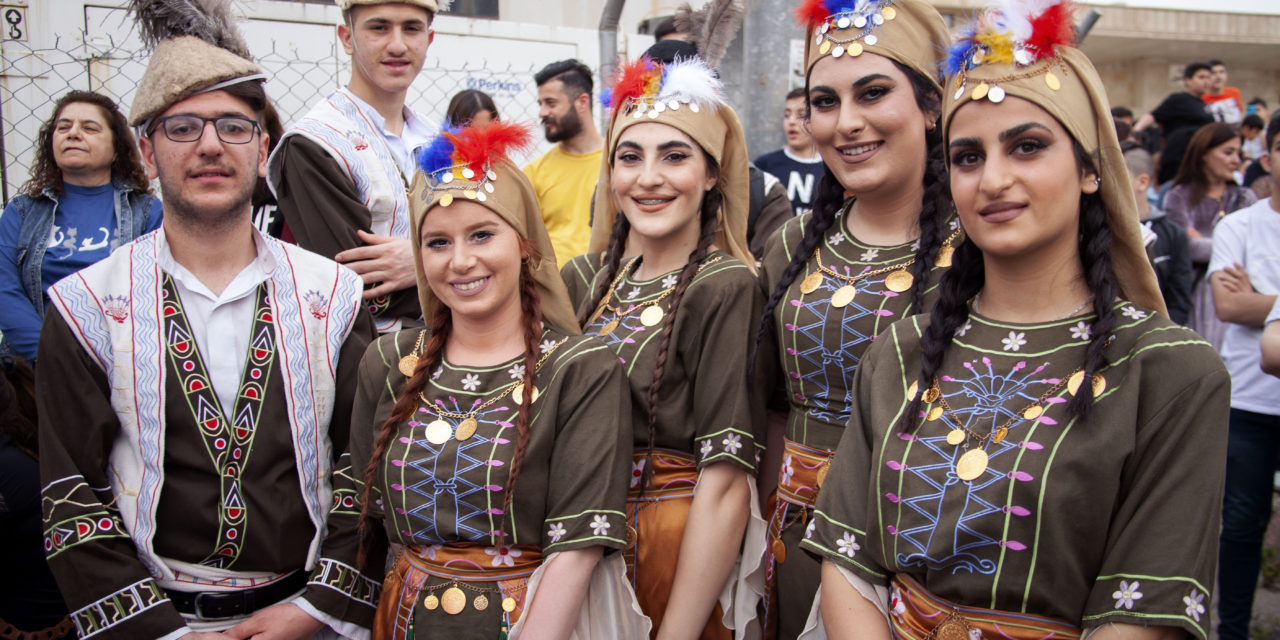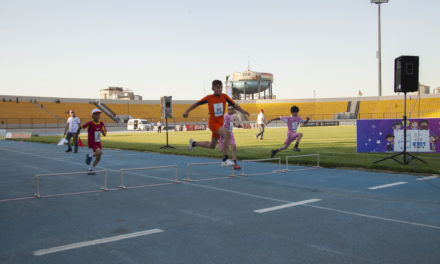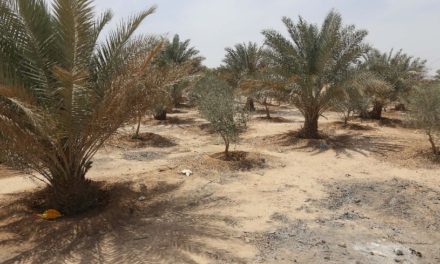The second session of the Syriac Heritage Festival, organized by the General Directorate of Syriac Culture and Arts in the region, was launched in the district of Ankawa in the Erbil Governorate in the Kurdistan region of Iraq, on the occasion of the Akitu holidays, the Babylonian Assyrian New Year.
Despite the passage of thousands of years since the celebration of Akitu, which is considered the Babylonian-Assyrian New Year, the Assyrians, Syriacs and Chaldeans in Iraq and Syria still revive this historic feast, where celebrations begin on the first of April annually and continue for 12 days in the Kurdistan region, the Nineveh Plain and other regions of Iraq that embrace Christians.
According to historical sources, the rituals of celebrating the “Akitu” feast of the Babylonians were represented by the departure of the king’s procession, followed by a flock of the common people, to the effect of religious hymns glorifying the god Marduk, as well as other practices, including sprinkling water and drinking wine.
The Syriac Heritage Festival will continue in Erbil for 3 days from 5-7 April, where the first day witnessed the presentation of many traditional artistic performances, which ruled the story of civilization in Mesopotamia. And artistic performances presented by the Syriac performance groups, in addition to songs in the Syriac language, Syriac dabkes of various colors and traditional musical sections.
During the festival, a variety of handicrafts, arts and foods are presented, such as Syriac calligraphy paintings, plastic art and pottery, and Syriac traditional costumes for villages and towns in the Nineveh Plain and the Kurdistan Region. In addition to sculptural works inspired by the civilization of Mesopotamia, and paintings of the art of burning on wood, as well as handicrafts from natural leather, and handicrafts, textiles and handicrafts that mimic and are inspired by heritage.
The festival bazaar hosts a heritage café, a traditional kitchen and a bakery, where a group of participating women serve traditional dishes from different regions. The second session of the festival also hosts a special section of the Armenian heritage.





